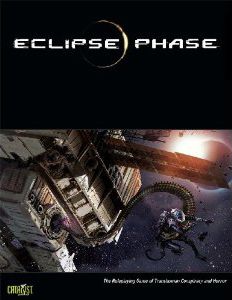Aug 6, 2010
Shukrijumah: It’s On Now
Posted by Woody Evans in categories: counterterrorism, defense, nuclear weapons
The Lifeboat Foundation has been on to this guy for years.
The overview: “We would like the nuclear terrorist Adnan G. El Shukrijumah to be captured. There is a $5 million reward for assisting in his capture” (https://lifeboat.com/ex/nuclear.terrorist).
Now the AP reports “a suspected al-Qaida operative who lived for more than 15 years in the U.S. has become chief of the terror network’s global operations, the FBI says, marking the first time a leader so intimately familiar with American society has been placed in charge of planning attacks”… that suspected operative? Adnan Shukrijumah.
According to the AP piece, his mother claims that he’s non-violent. If so, that could suggest new directions for al-Qaida; but it seems rather unlikely that al-Qaida will become a charitable NGO if Jose Padilla’s account is to be believed. It’s old news now that Padilla claims to have trained in terrorist tactics using natural gas with Shukrijumah back in the summer of 2001 (http://edition.cnn.com/2004/LAW/06/01/comey.padilla.transcript/).
 But it also available free on scribd
But it also available free on scribd 









